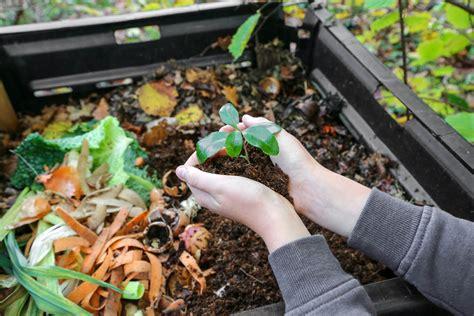Composting: Wealth from Waste
Composting is a natural recycling process by which organic wastes—such as food waste and leaves—can be converted into a valuable nutrient-rich soil amendment called compost. It is an ancient practice that reduces waste, improves soil, and aids sustainable agriculture.
What to Compost?
-
- The following can be composted:
- Fruit and vegetable rinds
- Tea bags and coffee grounds
- Eggshells
Dry grass clippings and leaves - Paper and cardboard (in small quantities)
- Steer clear of meat, dairy, and oily foods since they attract insects and retard the composting process.
How Does It Work?
Microorganisms, oxygen, and water collaborate to decompose organic material. Gradually, the rubbish transforms into dark, crumbly compost that is much like soil. This compost can then be used on gardens, farms, or indoor plants to enhance growth.
- Benefits of Composting
Reduces landfill waste - Decreases methane emissions
- Improves soil health and fertility
- Saves on chemical fertilizers
- Promotes sustainable behavior
Conclusion
Composting is a easy, cheap, and environmentally friendly solution to food and garden rubbish. Done whether in the backyard, balcony bin, or school garden, it makes a huge contribution to guarding our environment and constructing a greener future.

